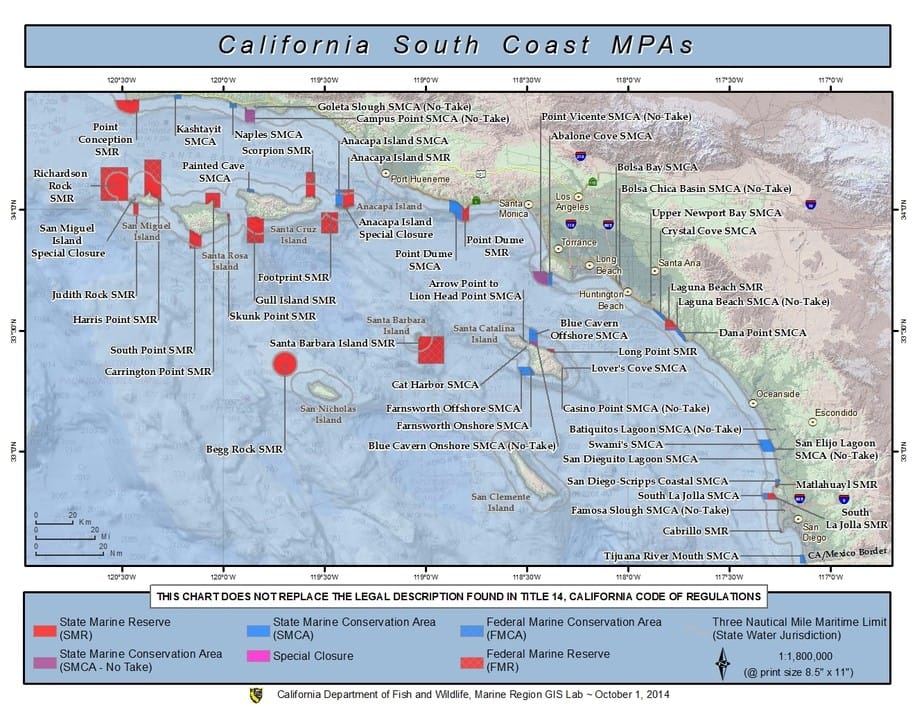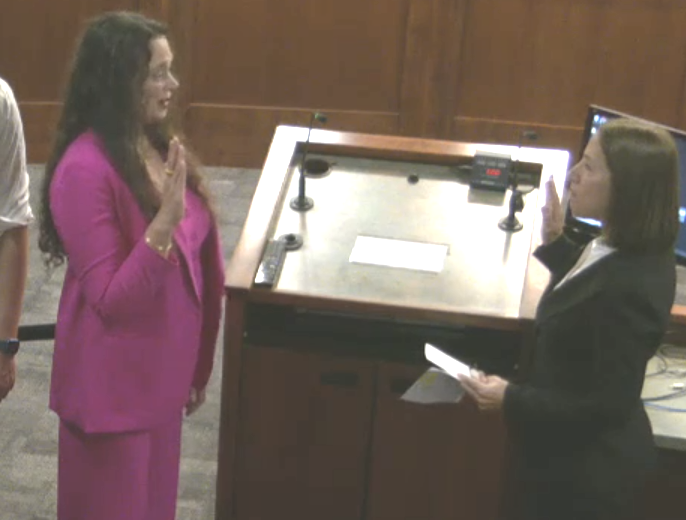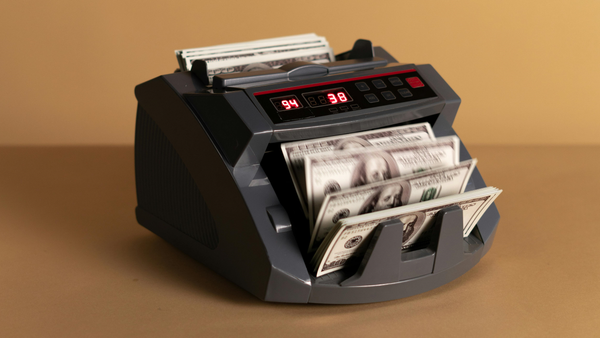Rep. Carbajal reintroduces bill to ban future offshore oil drilling off the California Coast
This act was the first bill Congressman Carbajal introduced as a Member of Congress, according to an announcement from his office.

This act was the first bill Congressman Carbajal introduced as a Member of Congress, according to an announcement from his office.


It is no mistake that the oath starts with a vow to protect our Constitution and the rights bestowed on Americans

To date, Elk Grove Mayor Bobbie Singh-Allen is the only person on the City Council who is being challenged

Former Philippine President Rodrigo Duterte is being held in The Hague awaiting trial at the International Criminal Court for alleged crimes against humanity

Meetings and events this week in Elk Grove